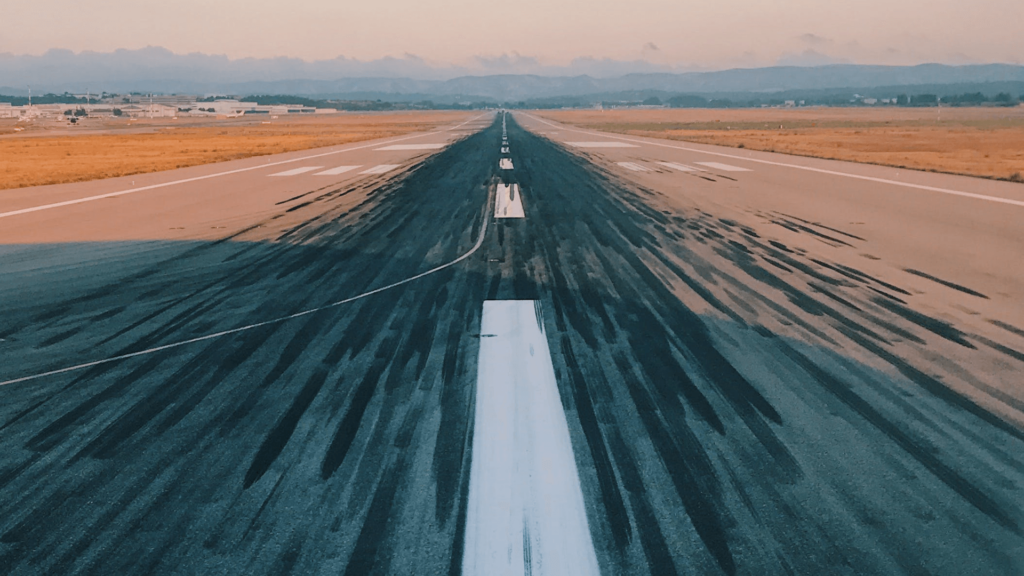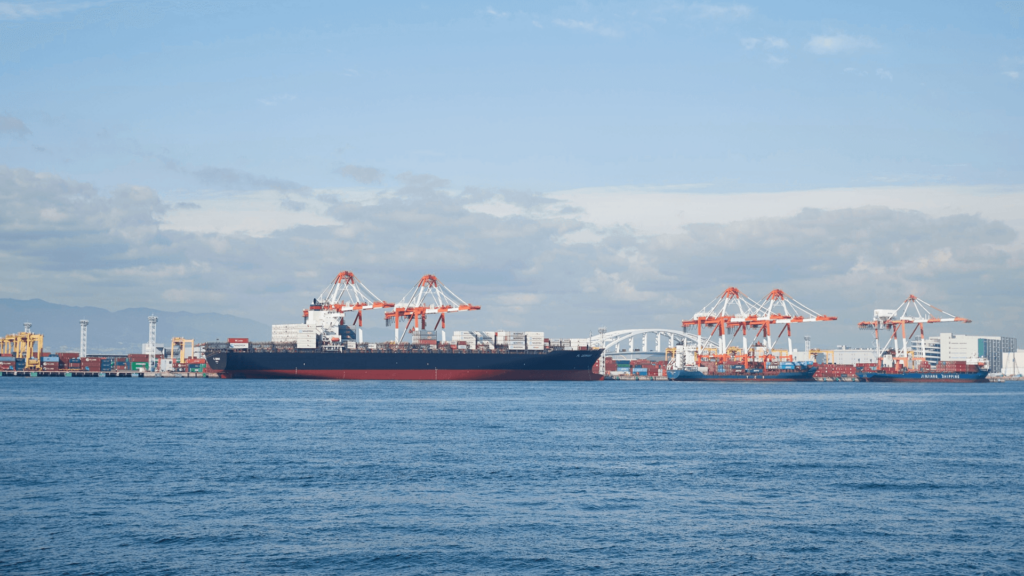
The 4th Florence Intermodal Forum aims at tackling this urgent need to define the intermodal level playing field, striking a balance between the dynamics of innovation on the one hand and regulation on the other. We will focus on the role of new technologies and the ICTs in particular, because of the inevitable changes that digitalization is bringing to the transportation sector.
The European transportation system is one of the world’s best; yet, it faces major challenges deriving from the increasing growth in passenger and freight transportation demand: infrastructure capacity is reaching its limits and its use has to be optimized; decarbonisation of transport has to be pursued to meet the emission-targets set by the EU without curbing mobility; safety and security standards have to be maintained or improved while accommodating ever higher transport volumes.
Technological innovation and digitalization have already made the system more dynamic and will continue to do so in the future. This is already leading to the emergence of new business models and the market entry of new actors, raising new challenges to the traditional transport system.
The development of an inclusive and sustainable transportation system, able to meet these challenges is a priority for the European Commission. And the creation of a level playing field for the different transport modes is the first urgent step to reach this goal. The full potential of digitalization in the transportation sector is still to come, as the role of the ICTs in all the transportation sectors is increasing. At the same time, the ICTs have the potential to create the conditions for a true level playing field, but they can also negatively impact fair intermodal competition.
The 4th Florence Intermodal Forum aims at tackling this urgent need to define the intermodal level playing field, striking a balance between the dynamics of innovation on the one hand and regulation on the other. We will focus on the role of new technologies and the ICTs in particular, because of the inevitable changes that digitalization is bringing to the transportation sector. While we aim at deriving conclusions covering all aspects of mobility, we will concentrate on examples from the rail, road and maritime sectors. Discussion during the day will be structured into four blocks:
Throughout the day we will touch upon the different tools available at the EU level to create the level playing field and analyse the barriers to their implementation. Overall, we aim at discussing – in a medium (and even long) term perspective – which aspects of innovation should be regulated, and ultimately what can be done to make “regulation for innovation” become a reality. Keir Fitch, Head of Unit Research and Innovative Transport Systems at DG MOVE, will be at the Forum and discuss with us.
European Transport Regulation Observer
Introduction to the 4th Florence Intermodal Forum – Nadia Bert, Research Associate – Transport Area, Florence School of Regulation/EUI
Innovation and Digitalisation in Transport – Keir Fitch, Head of Unit Research and Innovative Transport Systems – European Commission – Directorate General for Mobility and Transport
Digitalisation and Transport – Francesco Dionori, Chief of Transport Networks & Logistics Section – United Nations Economic Commission for Europe
Digitalisation in transport: two use cases from Bologna – Giuseppe Liguori, Project Manager – SRM Bologna (Public Transport Authority)
Intensified competition between High Speed Rail and Airlines – Ichiro Takahashi, Head of Brussels Office – East Japan Railway Company
Automation in road-rail combined transport – Eric Feyen, Technical Director – International Union for Road-Rail Combined Transport (UIRR)
What role of digitalization to achieve an intermodal level playing field? – Michael Bueltmann, Managing Director – HERE
“Smart Shuttle Sion” – Martina Mueggler, Head of Innovation – Car Postal
Automation in Urban Public Transportation – Gautier Brodeo, Urban Rail Expert – UITP and RATP
The role of online platforms to achieve an intermodal level playing field – Juan Montero, Associate Professor – UNED Madrid
The potential of new business models in transport and the impact on intermodal competition – Veronica Elena Bocci, Coordinator DITECFER and Luigi Rucher, Technical Director – Thales Italy
What is the potential of new business models in transport? how will they affect intermodal competition? – Steffen Schaefer, Senior Principal Mobility IT Solutions – Siemens Mobility Division
Effectively support innovation without distorting competition: which role for regulation? which role for the EU? – Matthias Finger, Part-time Professor & Director of the Transport Area, Florence School of Regulation/EUI; and Professor, Ecole Polytechnique Fédérale de Lausanne

The 4th Florence Rail Regulation Conference aims to discuss advancements for accelerating the growth of the railways in the EU.…

The 3rd Florence Aviation Regulation Conference aims to discuss current and future economic and regulatory policies relating to European air…

The 1st Florence Maritime Regulation Conference aims to discuss regulatory advancements that accelerate the competitiveness and sustainable development of shipping,…
To meet, discuss and learn in the channel that suits you best.